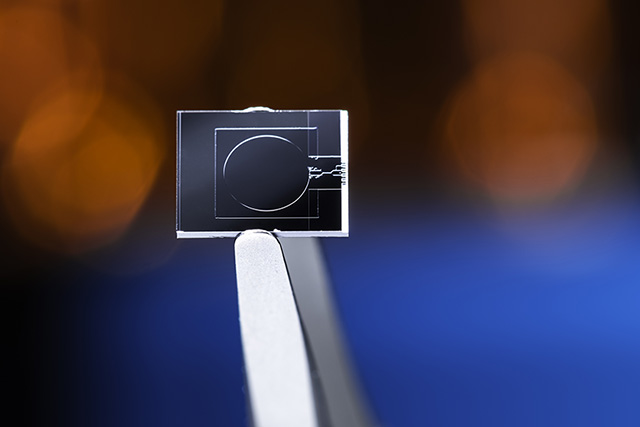Boundless Opportunities
Across academic departments and research centers, Hajim faculty, students, and staff are developing technological innovations with the capacity to transform our world. Our strong ties and proximity to the University of Rochester Medical Center and the Laboratory for Laser Energetics make opportunities for interdisciplinary research boundless.
Academic Departments
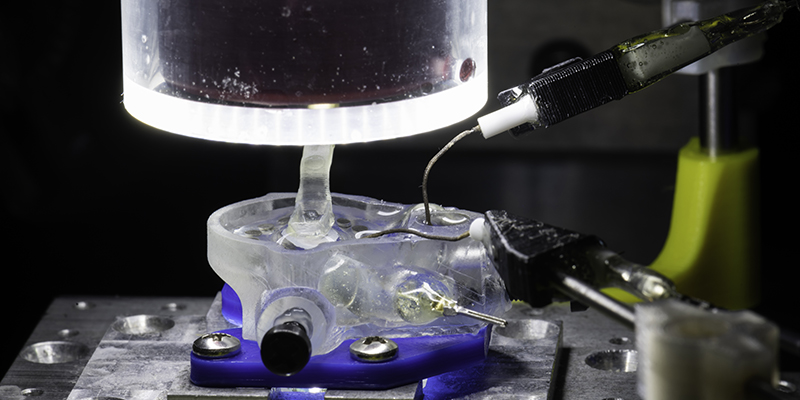
Biomedical Engineering
The Department of Biomedical Engineering’s research activities are diverse, ranging from medical imaging and image analysis to molecular and cellular engineering.
Biomedical Engineering Research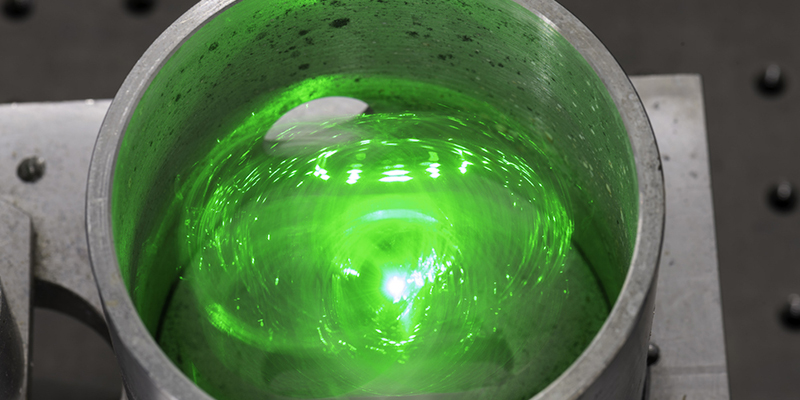
Chemical Engineering
The Department of Chemical Engineering’s research activities span the fields of biotechnology, nanotechnology, advanced materials, and alternative energy.
Chemical Engineering Research
Computer Science
The Department of Computer Science’s research focuses on four areas—systems, theory, artificial intelligence, and human-computer interaction.
Computer Science Research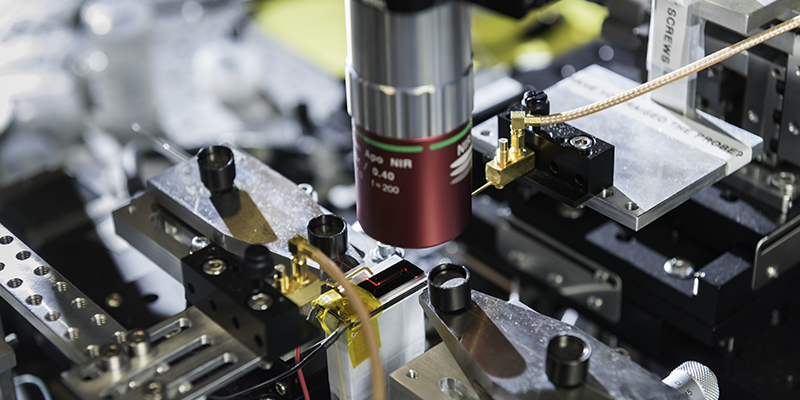
Electrical and Computer Engineering
The Department of Electrical and Computer Engineering engages in a wide array of research initiatives, including audio and music engineering, energy, microfluids, quantum optoelectronics, wireless networks, and more.
Electrical and Computer Engineering Research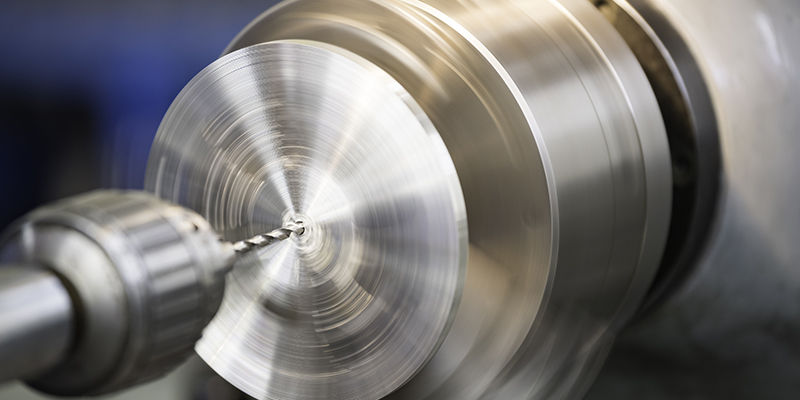
Mechanical Engineering
The Department of Mechanical Engineering performs research ranging from blood cell deformation, to high energy density phisics, to the mechanics of ancient structures.
Mechanical Engineering Research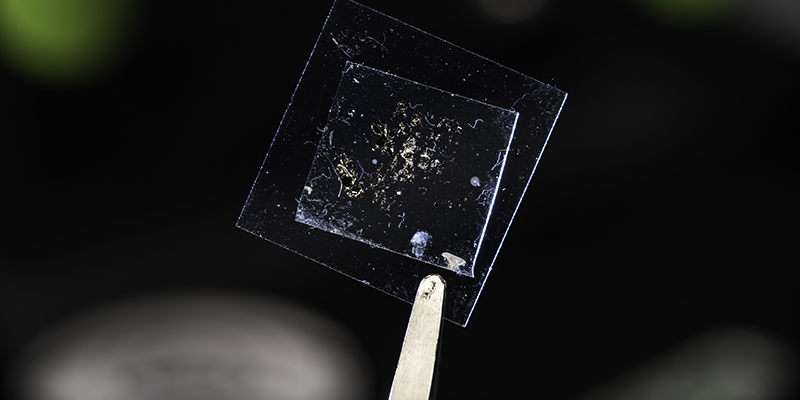
Optics
Research in the Institute of Optics spans a large variety of areas, from the fundamental areas like quantum optics to more applied engineering areas like optical fabrication and testing.
Optics Research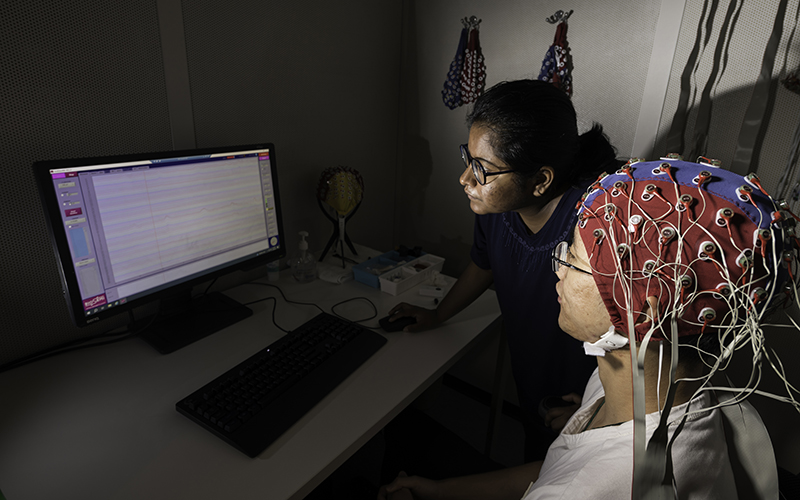
How we make the world better
Research Centers
Our faculty and students are more than just scholars, they are scientists and inventors. Their success and excellence is demonstrated through our various associated research centers.
Learn More
University-wide Research
The groundbreaking work happening in our school is part of a larger University-wide mission to create an ever-better world. Discover how Rochester’s researchers across all disciplines are advancing knowledge and improving lives.
Learn more about the impact of Rochester researchIndustry Collaboration
Senior Design Projects
Senior design projects at the University of Rochester provide companies with the opportunity to work with the next generation of engineers, scientists, and programmers.

